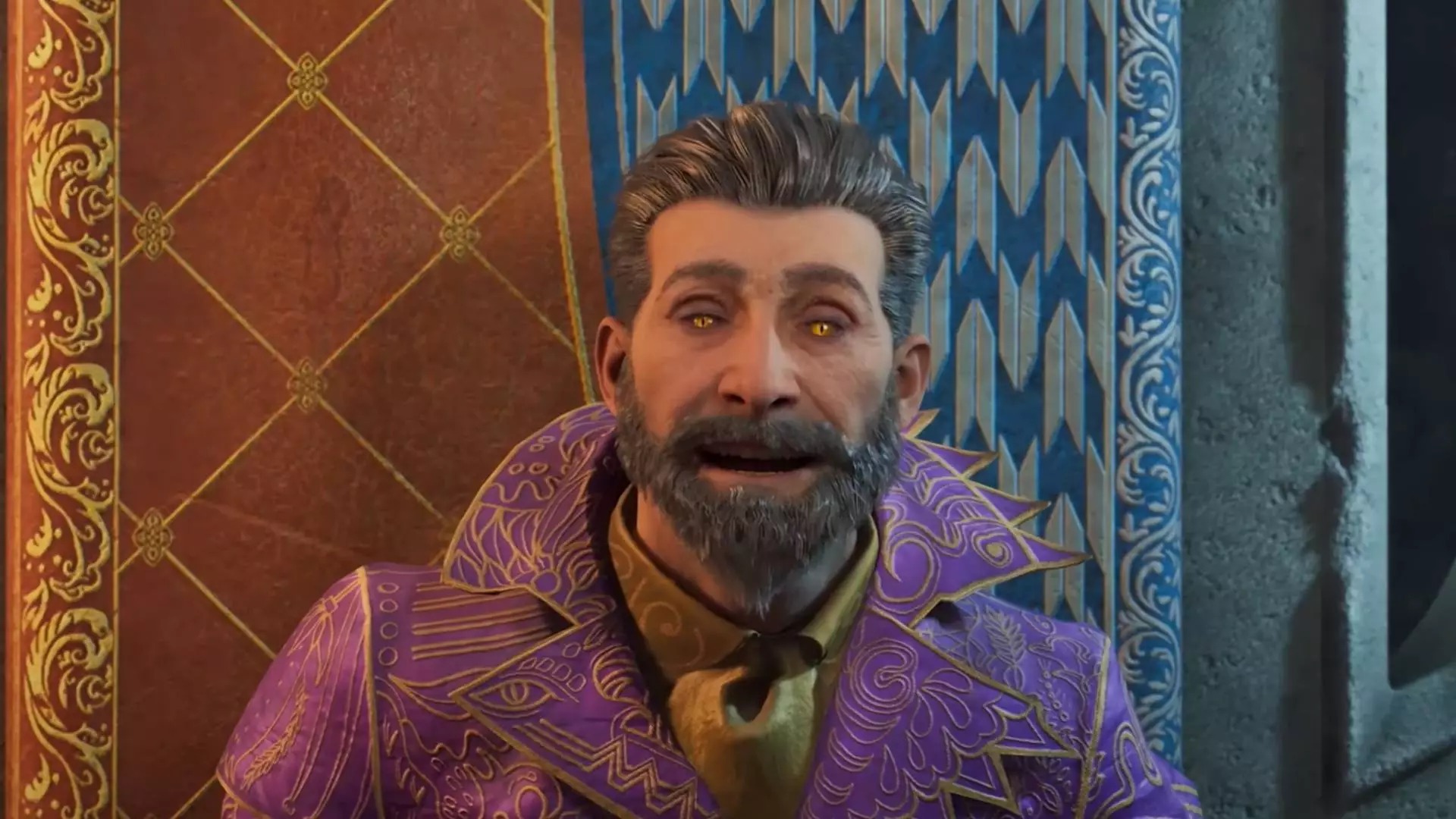In a surprising turn of events, *Oblivion Remastered*, a revitalized version of the classic 2006 RPG, has stormed the gaming world by becoming the third best-selling game of 2025 within just a single week of its release. According to gaming analyst Mat Piscatella, the figures are not merely indicative of nostalgia but a solid proof of the enduring appeal of the Elder Scrolls series. Analyzing the sales data, it seems players are still drawn to the sprawling landscapes and intricate storytelling that characterized the original game, affirming its place in gaming history.
What stands out is that *Oblivion Remastered* took the title of best-seller in its launch week, outpacing even notable contemporaries like *Monster Hunter: Wilds* and *Assassin’s Creed Shadows*. This achievement not only highlights the game’s commercial success but also its cultural relevance—a rare feat for a remaster in an era dominated by new releases and extensive franchises.
A New Era for Remasters
This phenomenon raises questions about the current landscape of gaming. Remastered titles are frequently viewed as cash grabs, devoid of creativity or innovation. Yet, *Oblivion Remastered* appears to defy these assumptions. The level of detail and improved mechanics featured in this version seem to resonate with both new gamers and longtime fans alike. This is crucial in an industry constantly in flux, where players are searching for authenticity and experience.
Moreover, the success of this remaster in surpassing contemporary titles indicates that nostalgia can be a powerful tool in rekindling interest in established franchises. It challenges the notion that players solely crave new content. Instead, they may long for experiences that evoke cherished memories, redefined with modern technology and art.
Steam’s Competitive Arena
The game’s performance on various platforms is equally compelling. *Oblivion Remastered* topped the charts on Steam in the U.S. for total weekly active users, claiming second place in Canada, while landing fourth and fifteenth on Xbox and PlayStation, respectively. Such statistics reveal its strong foothold across diverse gaming communities. The increased activity suggests that player engagement is thriving, as they delve back into the rich lore and expansive world of Cyrodiil.
It’s also noteworthy that the game managed to shine amidst the release of other competitive titles like the acclaimed JRPG *Clair Obscur: Expedition 33*. The contrast underscores that *Oblivion Remastered* is not just a relic of the past; it has successfully carved out its niche in a market flooded with newer options, proving that quality storytelling and immersive gameplay continue to attract audiences regardless of age.
The Lasting Influence of Elder Scrolls
It’s essential to recognize that this remarkable rise in sales is not just about *Oblivion*; it reflects the lasting impact of the Elder Scrolls franchise. Were the sixth installment of the series under discussion, this article might not resonate as much. However, the resurgence of interest in a game that’s almost two decades old speaks volumes about the community and their connection to vast, open-world experiences.
The trajectory of *Oblivion Remastered* lends itself to speculation about future remaster projects in the industry. It might pave the way for other classic games to receive similar treatment, sparking renewed interest in dormant franchises. In a gaming environment often criticized for its focus on monetization and immediately-rewarding mechanics, this case study demonstrates that engaging narratives and innovative remastering can still captivate audiences.
*Oblivion Remastered* is more than just a fan service; it is a testament to the power of storytelling and the capability of remasters to engage old and new audiences alike. Such success indicates that even in a fast-evolving digital landscape, the right blend of nostalgia and innovation can yield impressive results.

